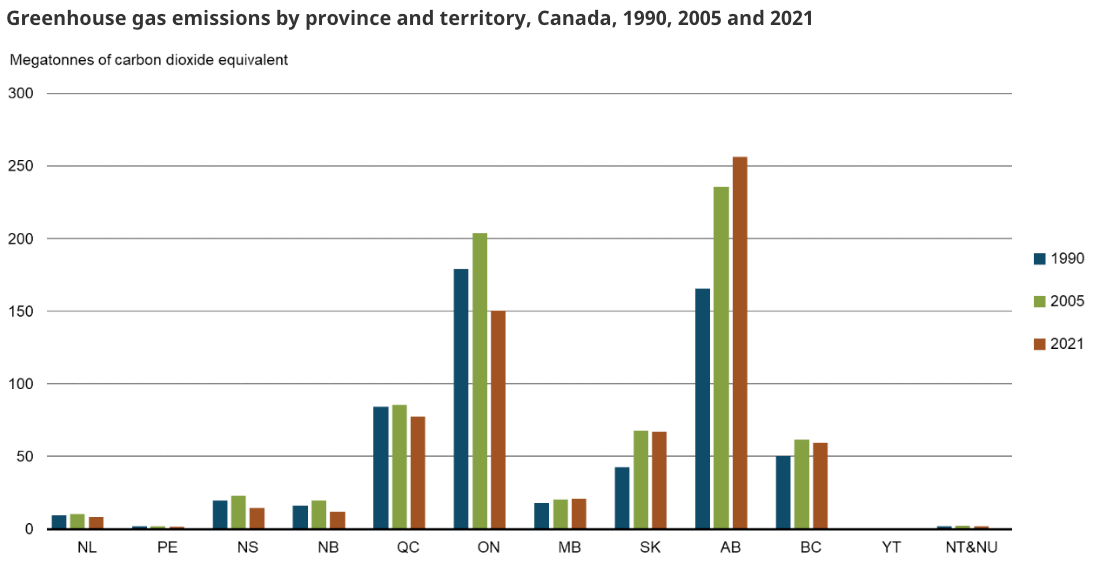1/Yager is probably my least favourite Calgary oil/gas shill. He writes agitprop, not analysis, which is why he's beloved of thoughtful Albertans like Brett Wilson.
My response to Yager's latest propaganda.
My response to Yager's latest propaganda.
https://twitter.com/CDNEnergyCentre/status/1446544679743393795
2/Laughable straw man argument.
Sure, some extreme environmentalists want natgas to disappear tomorrow. But the mainstream view is that gas will be the last fossil fuel to be displaced by zero/low-carbon electricity, probably long after 2050.
Sure, some extreme environmentalists want natgas to disappear tomorrow. But the mainstream view is that gas will be the last fossil fuel to be displaced by zero/low-carbon electricity, probably long after 2050.

3/Actually, natural gas as a feedstock for industry, esp. petrochemical manufacturing, is mentioned a lot.
And let's not forget "blue hydrogen," which uses steam methane reforming + CCS to create low-cost hydrogen.
And let's not forget "blue hydrogen," which uses steam methane reforming + CCS to create low-cost hydrogen.

4/Sorry, Dave, natural gas production is damaging to the environment. Methane is a potent GHG, 80x more than CO2 for the first 20 years. And Alberta gas production is leaky. Officially around 3% methane leakage, unofficially probably 1.5x-2x higher. BC is low (.3%). 

5/I guess we're supposed to skip past the "challenging economics" comment.
Ok, let's talk about opposition. Oil/gas producers do not have a Charter right to operate unopposed by Canadians concerned about climate change.
And suppressing dissent is a bad look.
Ok, let's talk about opposition. Oil/gas producers do not have a Charter right to operate unopposed by Canadians concerned about climate change.
And suppressing dissent is a bad look.

6/Did Dave miss the memo about the global climate crisis?
This is kind of pseudo-denialism and climate slow walking is so 2015.
Dear oil/gas bros, aren't you tired of playing defence all the time? Maybe skate to where the puck is going for a change.
This is kind of pseudo-denialism and climate slow walking is so 2015.
Dear oil/gas bros, aren't you tired of playing defence all the time? Maybe skate to where the puck is going for a change.

7/Are we really pretending that the Texas power crisis wasn't almost entirely caused by natural gas wells freezing up?
And way to reduce the incredibly complex energy situation in California to a simplistic talking point.
Yager must be fun at Petroleum Club cocktail parties.
And way to reduce the incredibly complex energy situation in California to a simplistic talking point.
Yager must be fun at Petroleum Club cocktail parties.

8/It's called an energy TRANSITION for a reason, Dave. Energy systems change slowly, even if this one has accelerated over the past few years.
Gas is an ideal partner for renewables until it isn't. That's likely to be decades down the road.
Everyone knows this.
Gas is an ideal partner for renewables until it isn't. That's likely to be decades down the road.
Everyone knows this.

9/Beware pedlars of common sense!
Energy transitions are messy. Despite the best intentions of planners, sometimes things go awry. And we're now in the disruptive decade of this transition.
Expect some mess as we muddle our way through a very complex process.
Energy transitions are messy. Despite the best intentions of planners, sometimes things go awry. And we're now in the disruptive decade of this transition.
Expect some mess as we muddle our way through a very complex process.

10/If you got this far, you've probably read Yager's CAPP-inspired pablum for yourself.
Did you find one interesting insight? A single thoughtful comment?
You're not supposed to.
Yager is part of the industry's effort to shape the Canadian energy narrative.
Did you find one interesting insight? A single thoughtful comment?
You're not supposed to.
Yager is part of the industry's effort to shape the Canadian energy narrative.
11/Keep it simple and easy to understand. Grind away on a few well chosen themes (Canadian oil/gas is ethical, environmentally friendly, good for the economy, etc.) and never depart from the script.
Tell stories over and over that support the narrative.
Tell stories over and over that support the narrative.
12/And as much as possible, keep citizens, govts, and regulators off balance by sucking as much oxygen out of the national energy conversation as possible.
We can't discuss Canada's energy transition if all we hear about are Alberta's grievances, can we?
We can't discuss Canada's energy transition if all we hear about are Alberta's grievances, can we?
• • •
Missing some Tweet in this thread? You can try to
force a refresh









